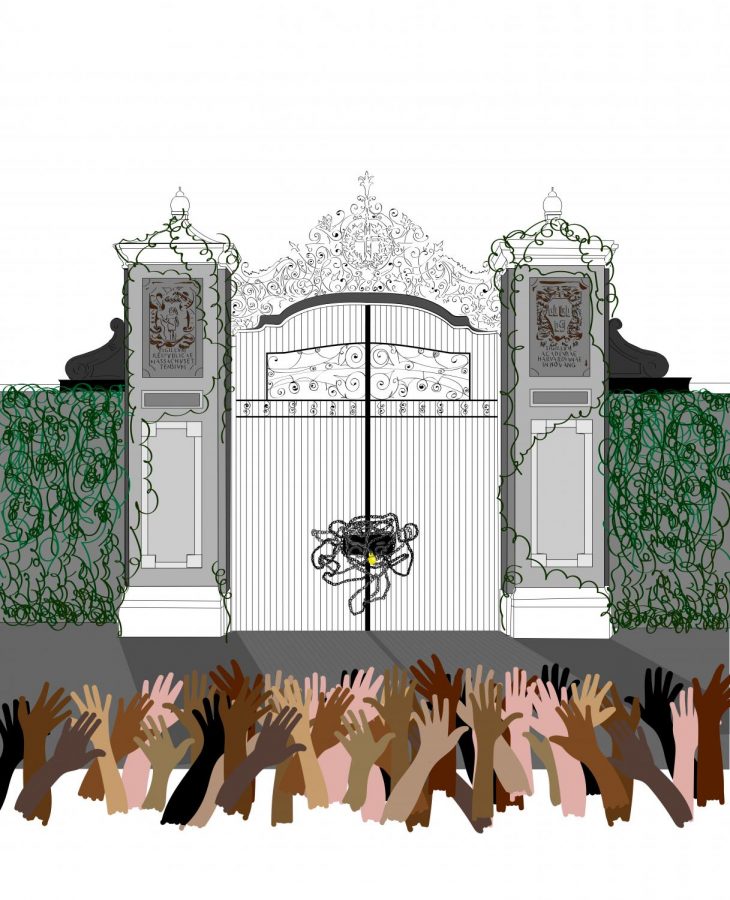EDITORIAL: Diversity begins where gate-keeping ends
EDITORIAL: Diversity begins where gate-keeping ends
October 29, 2018
Harvard University is being sued by Students for Fair Admission on behalf of rejected Asian-American applicants, alleging that Harvard discriminated against Asian students during the admissions process.
According to a June 15 New York Times article, Asian-American Harvard applicants had higher test scores, grades and more extracurricular activities than any other group, but were rated lower in so-called abstract factors the Harvard committee uses to decide admission. Asian-American students were, as a group, rated lower on “positive personality, likability, courage, kindness and being widely respected,” all of which are rated by the committee on non-standardized, undisclosed scales. The Harvard admissions committee brought stereotypes, bias and internalized racism to the decision process.
Harvard’s Dean of Admissions William Fitzsimmons defended using non-academic factors in admission decisions by saying without such policies, admission for black students would drop to 6 percent and Hispanic and Latino students to 9 percent of the Harvard population, as reported Oct. 17 by the Washington Post. Harvard’s current undergraduate class has 14.6 percent black students and 11.6 percent Hispanic and Latino students.
But Harvard’s admissions committee is ignoring the fact that they have promised significant enrollment—29 percent of undergraduates, according to Harvard’s student newspaper the Crimson—to children of faculty and donors known as legacy students and students favored by higher-ups in the college. These students are overwhelmingly white, according to the Oct. 18 article. Diversity is impossible when gates are kept locked, and giving nearly a third of open seats to descendants of the same rich, white families who have attended for hundreds of years slams the gates in potential students’ faces.
Harvard is going about fixing its diversity problem in all the wrong ways. Not only is Harvard discriminating against Asian-Americans by limiting their enrollment in favor of legacy students, but it is insulting the intelligence of black, Hispanic and Latino students to imply they would only get in as the result of lowered academic standards. Instead of evaluating students based on non-academic factors in order to increase diversity, the college should reach out to underserved communities to find the students being left behind.
Creating non-academic and subjective standards for admission, as Harvard has done, allows the admissions committee to bring in their own internal biases they may not even be aware of. Colleges, including Ivy League schools, will always struggle to decide between two equally qualified applicants when presented with a large pool of students all in the 99th percentile, but the final decision should never come down to race and ethnicity exclusively.
The idea that certain marginalized groups are simply less intelligent, have lower test scores or did not participate in as many extracurricular activities as their white counterparts is ridiculous. It is not marginalized students limiting themselves, but Harvard’s excessively high cost of attendance, $75 application fee and lack of outreach. If Harvard and other elite academic institutions truly
want to commit to diversity, they must do everything in their power to ensure all qualified students are able to apply. There is no lack of ambitious, intelligent and motivated people of color; there is a lack of commitment to including them.







